1st International Training (IFFE)
Freedom to Learn – Putting C.R. Rogers into Practice
How to create an environment that facilitates self-directed, effective learning in any context
Dates: POSTPONED (original dates 4 – 8 July 2022 (arrival 3 July, departure 9 July)
Venue: Gamlitz, Austria
Number of participants: 30
Working language: English
Course fee: 400 euro
The course is organised by the International Forum for the Future of Education (IFFE) with seat in Gamlitz and it is eligible for funding through Erasmus+ (OID E10278519).
The trainers
We are very happy to have two renowned trainers on board for this training event:
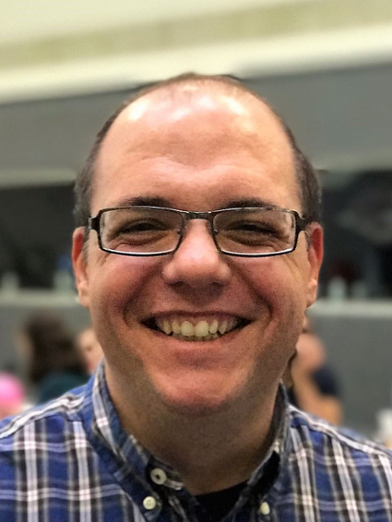
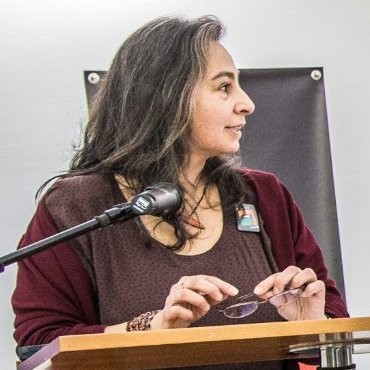
In the preparation and throughout the event public health regulations will be applied and extra care will be taken to ensure the well-being of all participants.
We will offer support for travelling and accommodation through a local travel agency.
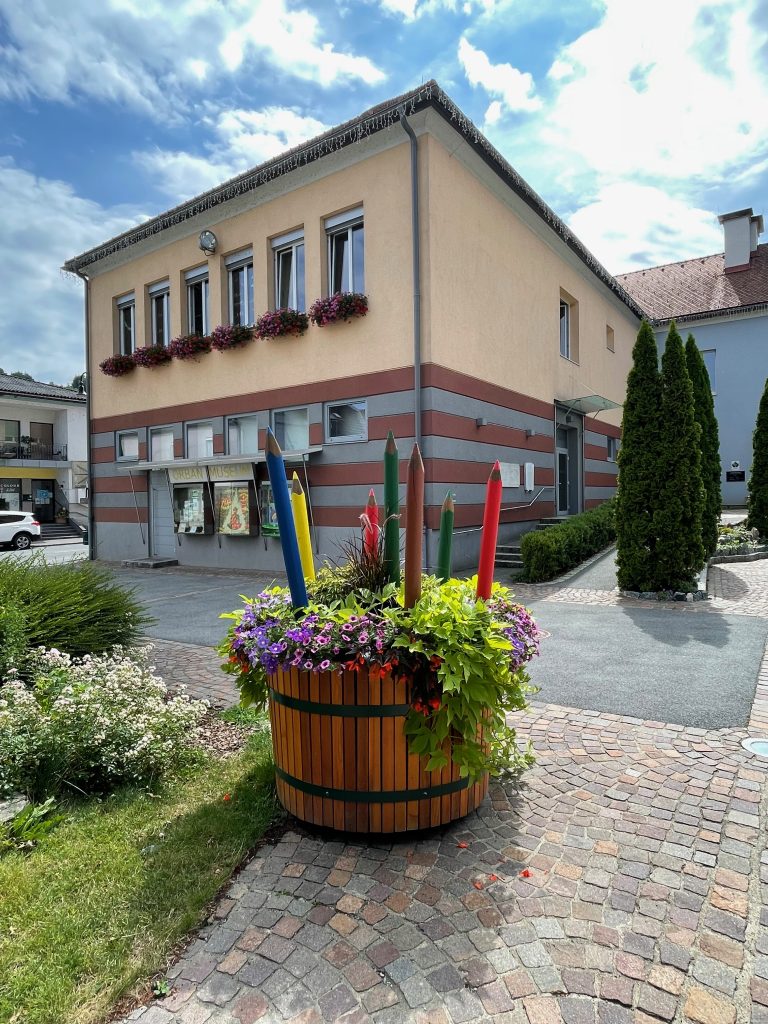
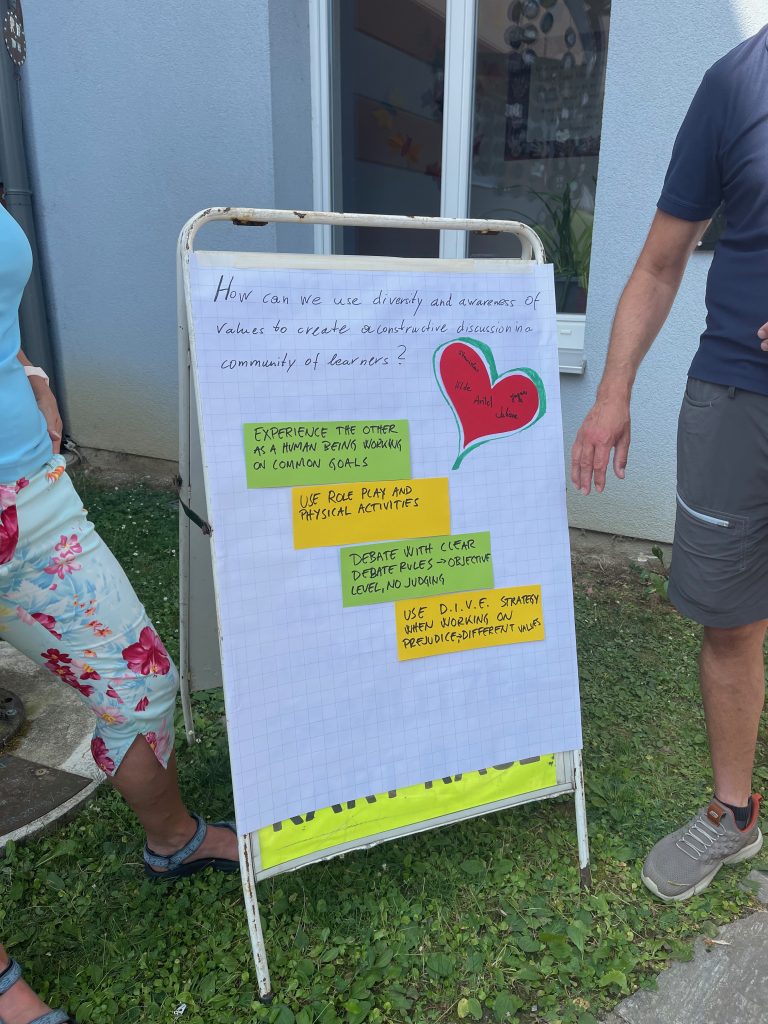
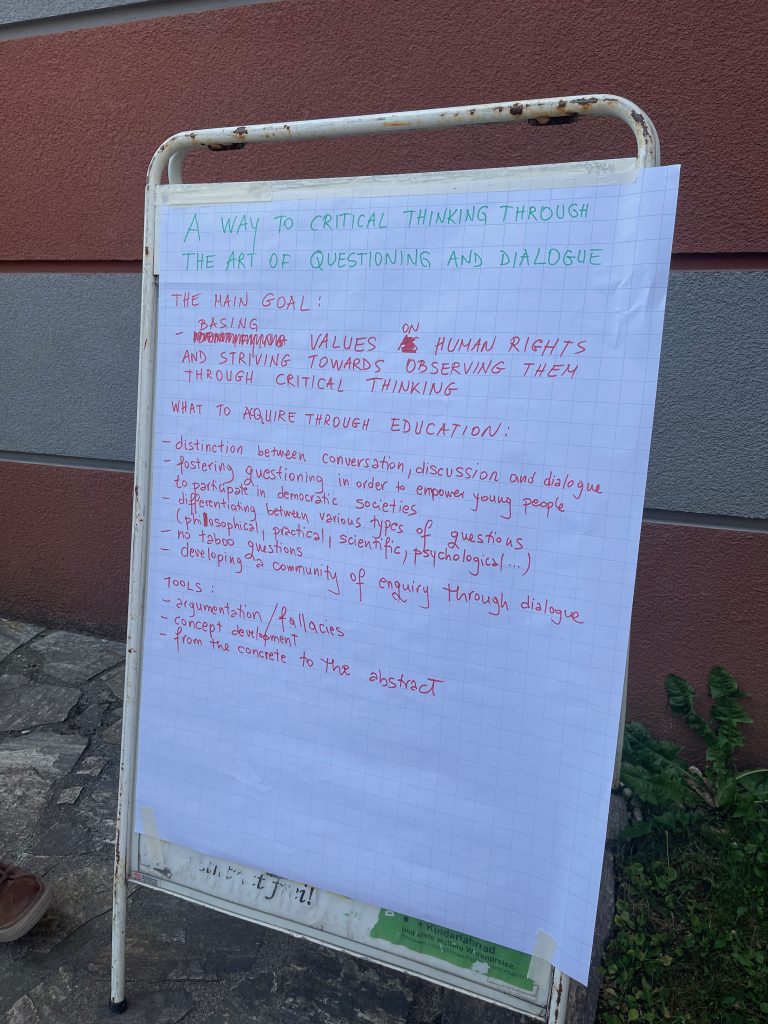
Focus
Freedom to learn can change every educational context into a successful learning experience, whatever the system, whatever the material resources, whatever the context, whoever is in the classroom.
Many people turn to school and to education as an important part of the solution of today’s problems and crises-ridden societies. And they are right to do so albeit from a medium-term perspective. In the short-term schools also must face the challenges brought about by the atmosphere and the changes in the wider society reflected in everyday school life. And they must manage them positively. Accepting to hand over the responsibility for learning to where it belongs, to the learners, is one way of keeping curiosity and motivation as the driving forces of schooling, or better, of self-directed learning.
We, the teachers, are THE experts for learning. What we do in school to support learners’ learning is based on valid theories and experiences of what learning is and how learning happens effectively and successfully.
In initial teacher training we first took issue with the predominance of academic content and exploration at the expense of the preparation for the role and work of a teacher. A good teacher seemed to be the one who excelled in the particular academic subject matter. We asked for more didactics and praised Comenius’ Didactica, the art of teaching. Academic rigour and exploration receded and didactics slowly moved further towards the foreground. The 1001 tricks of the didactic trade were taught and appropriated, sort of. However, learners did not necessarily learn better, have more success or were not necessarily happier than before. What happened? Or better, what did not happen? What about the other side of Comenius, Matetica, or mathetics, the art of learning? If we want to best accompany learners in their quest of knowing and understanding, if we want to facilitate their self-directed learning then we need to get inspired by the art of learning.
This is what this course is about.
Expected results
We expect that after the training course the participants will be in better position to:
- Raise awareness for the key importance of learning and not teaching as the central purpose of any educational undertaking and professional context (school heads, colleagues, parents, learners);
- Understand the crucial role that pedagogical choices and the relationship between teacher and learner play for the success of learning together;
- Contribute through their teaching practice to the development of the attitudes, skills and knowledge necessary for successful self-directed learning;
- Improve the learning outcomes in their classrooms and schools as well as other educational institutions through the creation of a satisfactory and motivating learning experience for all learners
- Take action to promote appropriate practises in their local, regional and national context
Programme
3 weeks before the event
Getting to know each other on an online working platform
Day 0: Arrival
Day 1 (6 hours)
Exploring myths and beliefs, questioning one’s practises
- Getting to know each other
- Introduction to course content and procedures
- Exchanging and analysing existing practises
- Exploring underlying myths and beliefs
- Reflecting on the day in base groups
Day 2 (6 hours)
Experiencing new practises
- Warm-up
- Practice Case Study 1
- Practise Case Study 2
- Practise Case Study 3
- Reflecting on the day in base groups identifying emerging issues
Day 3 (6 hours)
Reflecting on experiences so far, sharing of insights, cultural programme, learning about the Styrian Toscana
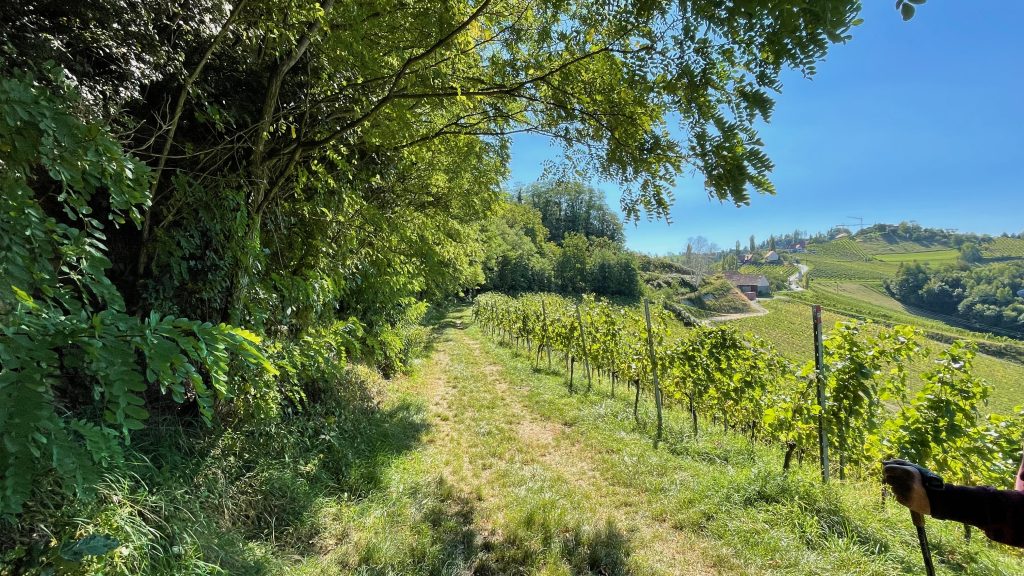
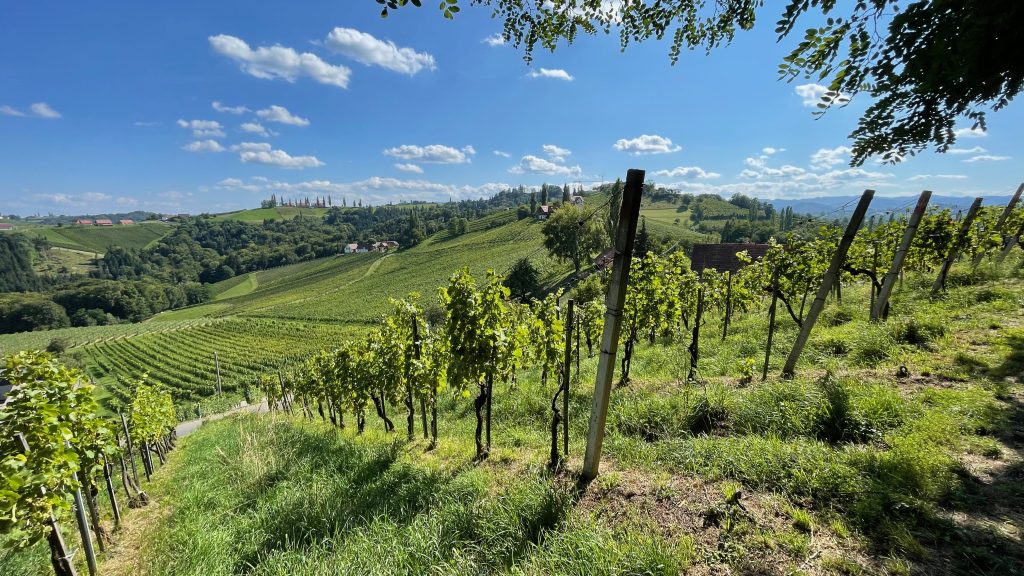

- Excursions and Socratic walks
- Sharing of insights
- Cultural programme
- Sharing of insights in base groups
- Wine tasting
Day 4 (6 hours)
Exploring theories
- Warm-up
- Pedagogical trends and theories
- Analysing learning theories
- Identifying “what works when and where”
- Reflecting on the day in base groups
Day 5 (6 hours)
Preparing new practices, networking
- Elaborating action plans
- Sharing and feedback on action plans
- Revision of plans
- Networking
- Certificates Award
- Review and evaluation of the training in base groups
Day 6: Departure
Optional
Follow-up exchanges and discussions via the online working platform
Follow the link below to register for the course
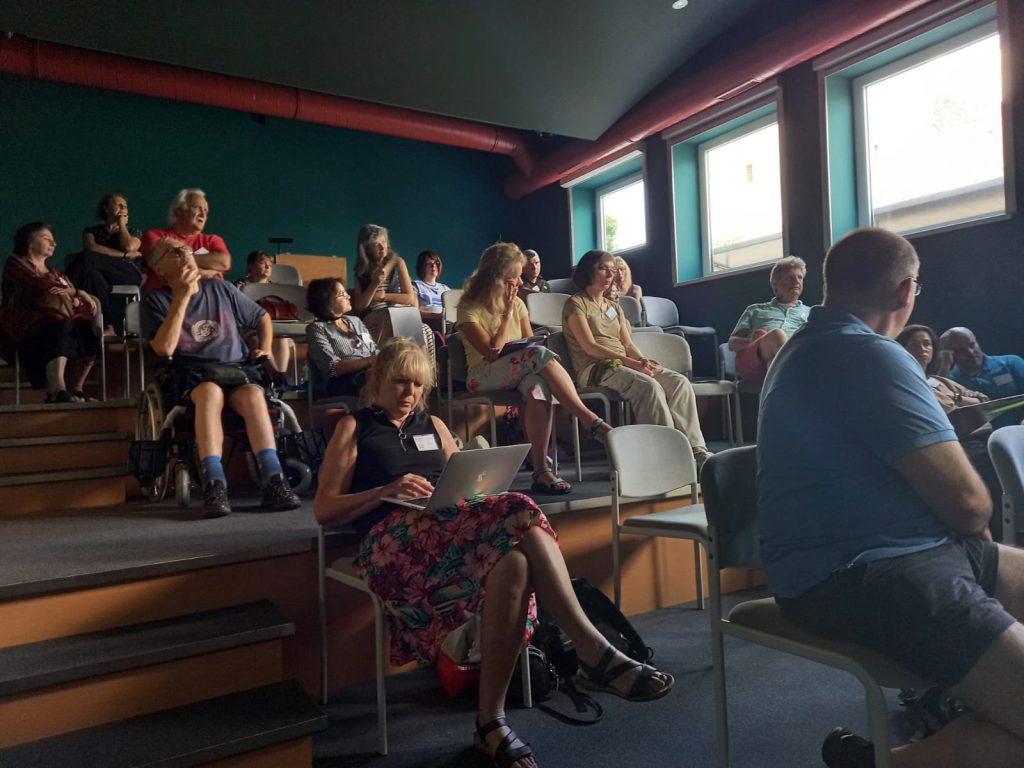
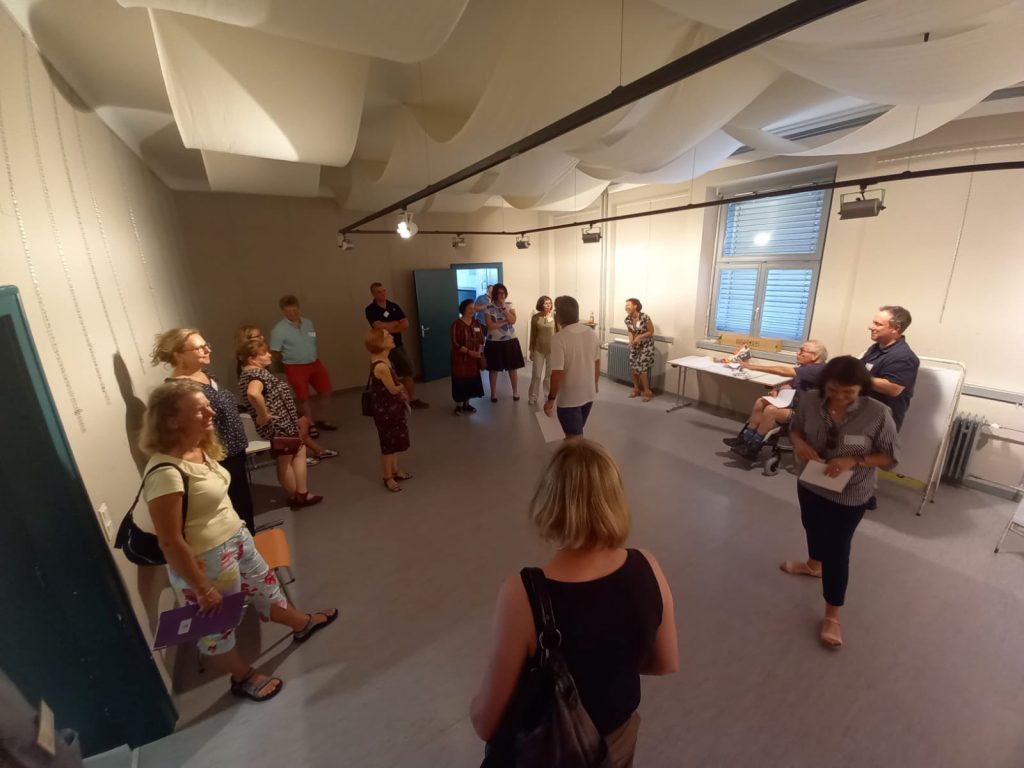
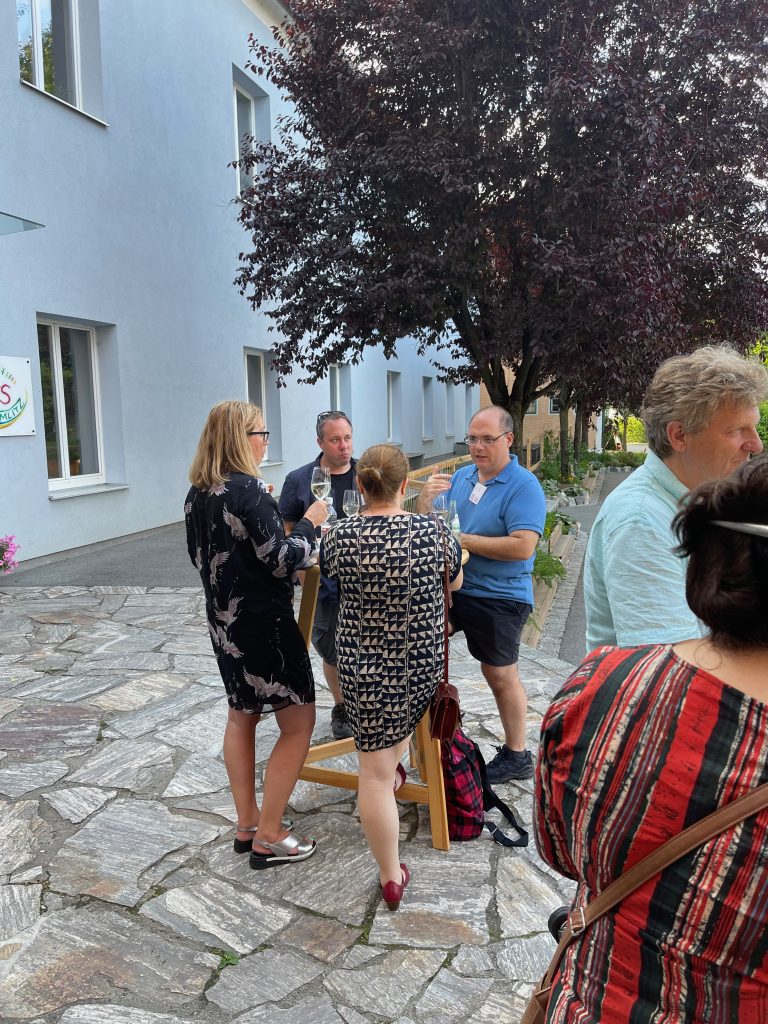
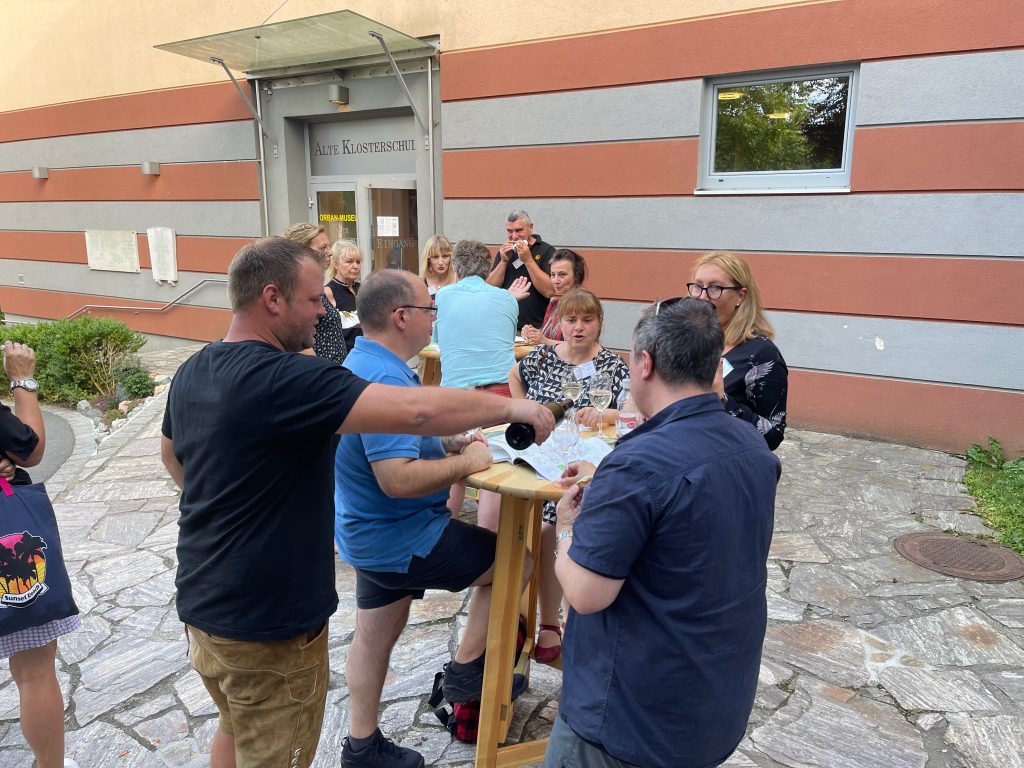
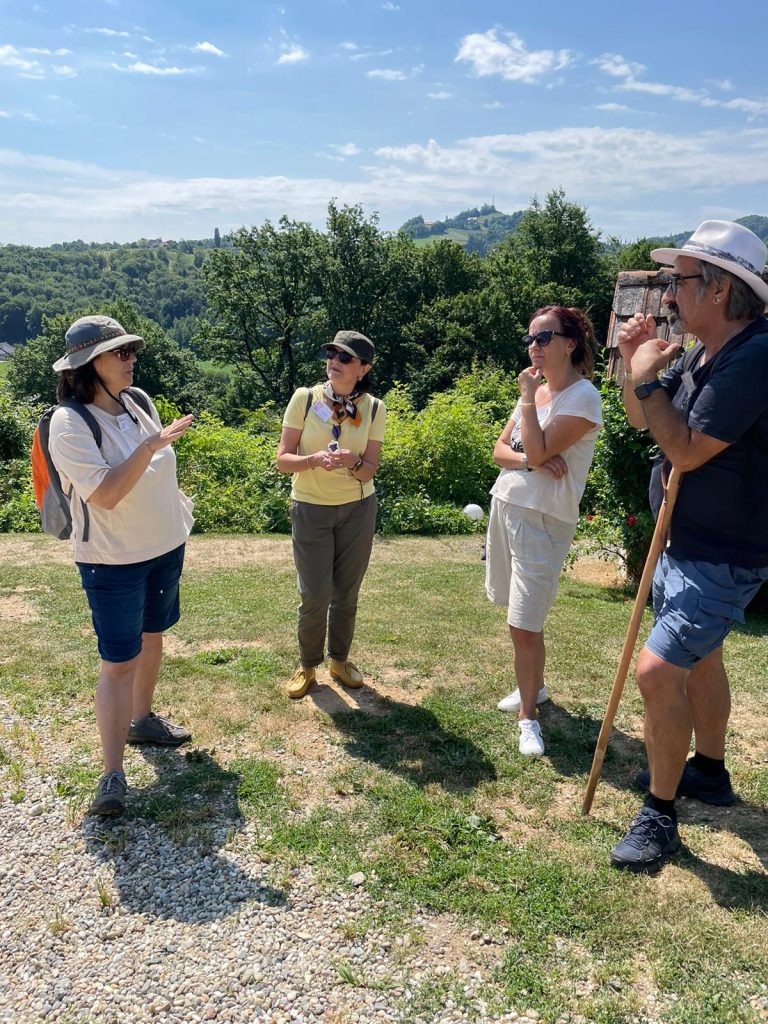
We thank the town of Gamlitz for its generous support by offering the facilities and by welcoming our international participants.
